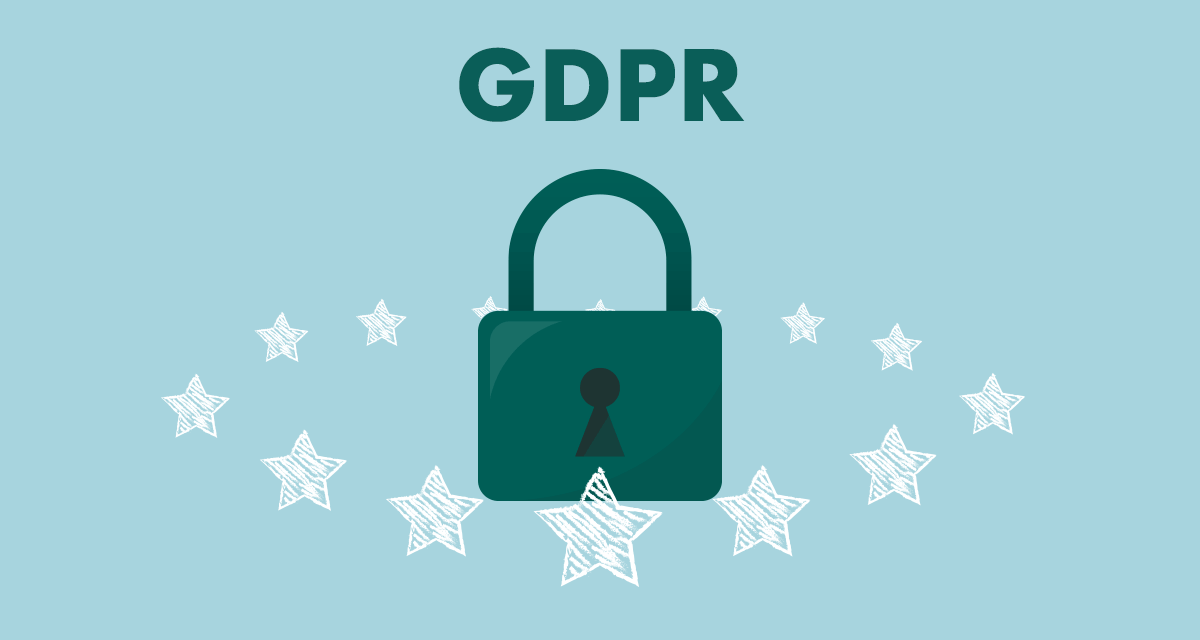
Understanding GDPR and Its Impact on Businesses
- 0
In May 2018, the European Union implemented the General Data Protection Regulation (GDPR) to enhance data protection and privacy for individuals within the EU. This regulation has had a significant impact on businesses that collect and process personal data, not only within the EU but also globally. It is crucial for businesses to understand GDPR and comply with its requirements to avoid hefty fines and maintain trust with customers.
Key Elements of GDPR
GDPR introduces several key elements that businesses need to consider when handling personal data:
Consent
Businesses must obtain explicit consent from individuals before collecting their personal data. This means clearly explaining what data will be collected, how it will be used, and giving individuals the option to opt-out.
Data Minimization
Businesses should only collect data that is necessary for the purpose for which it is being processed. They should also regularly review and delete data that is no longer needed.
Data Protection
Businesses must implement appropriate security measures to protect personal data from unauthorized access, disclosure, alteration, or destruction.
Data Breach Notification
If a data breach occurs, businesses must notify the appropriate authorities within 72 hours and inform individuals if the breach poses a high risk to their rights and freedoms.
Impact on Businesses
GDPR has had a significant impact on businesses, both in terms of compliance efforts and potential consequences for non-compliance:
Compliance Costs
Businesses have had to invest in new systems, processes, and training to ensure compliance with GDPR requirements. This has resulted in increased costs, especially for small and medium-sized enterprises.
Fines and Penalties
Non-compliance with GDPR can result in hefty fines of up to 4% of annual global turnover or €20 million, whichever is higher. This can have a severe financial impact on businesses that fail to comply with the regulation.
Reputation Damage
Failing to protect customer data can damage a business’s reputation and erode trust with customers. This can result in lost revenue and long-term consequences for the business.
Steps for Ensuring GDPR Compliance
Businesses can take the following steps to ensure compliance with GDPR:
Conduct a Data Audit
Identify what personal data your business is collecting, where it is stored, and who has access to it. Make sure the data is being processed lawfully and transparently.
Implement Data Protection Policies
Develop and implement data protection policies and procedures that comply with GDPR requirements. Make sure employees are trained on data protection and privacy practices.
Obtain Consent from Individuals
Obtain explicit consent from individuals before collecting their personal data. Clearly explain how the data will be used and give individuals the option to opt-out.
Monitor and Report Data Breaches
Develop procedures for detecting, reporting, and investigating data breaches. Notify the appropriate authorities and individuals in a timely manner if a breach occurs.
Conclusion
GDPR has had a profound impact on businesses, forcing them to reevaluate how they collect, process, and protect personal data. It is crucial for businesses to understand GDPR and comply with its requirements to avoid fines, protect their reputation, and maintain trust with customers. By taking proactive steps to ensure GDPR compliance, businesses can safeguard themselves against potential risks and demonstrate their commitment to data protection and privacy.

